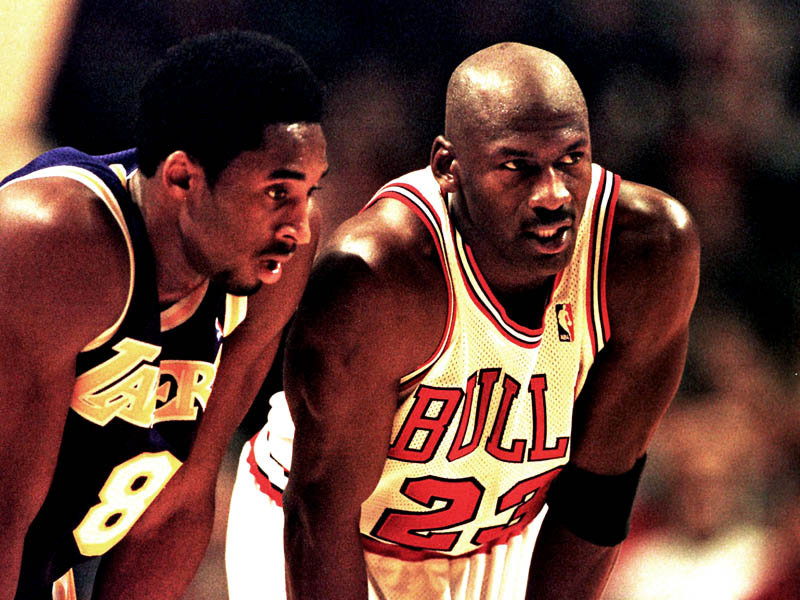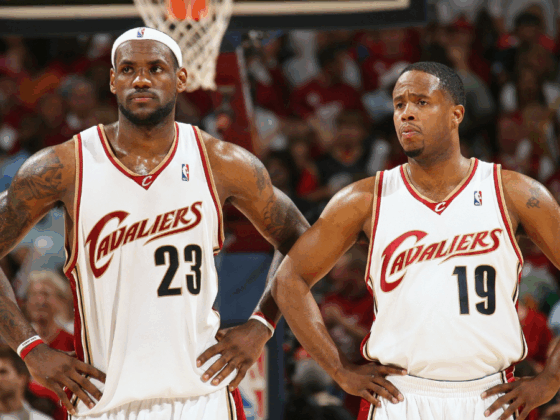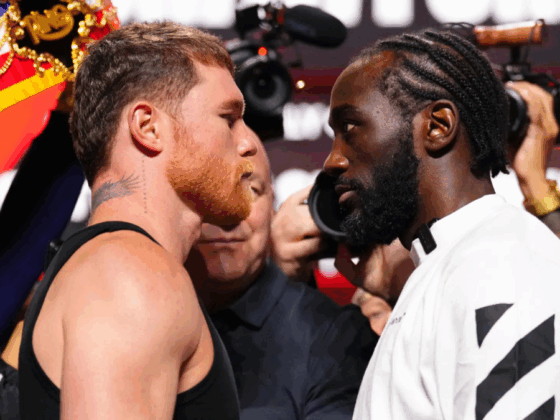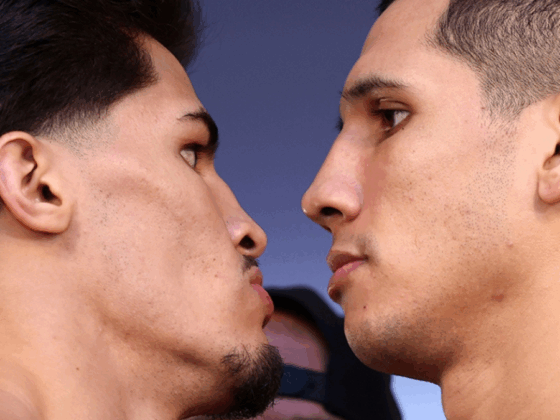
Kobe Passing MJ On The Scoring List: What Does It Even Mean?
By passing Michael Jordan and becoming third on the NBA’s all-time scoring list this past Sunday in Minnesota, Kobe Bryant has once again ignited one of the great individual debates in generational basketball.
Anything that Kobe does to further emulate, surpass, or embellish on Michael brings the discussion rushing back to the forefront for all invested parties to pronounce their loyalties: Mike or Kobe? For some this question has extreme substance and depth, for others we need not debate due to of the sheer girth and accolades of Michael’s profound legacy, and yes, you also do have those who inexplicably feel that Kobe Bryant is simply the better version of Michael Jordan.
So what does this latest milestone even mean to the conversation, for Kobe to pass Michael Jordan on the all-time scoring list? What does it mean for Kobe? For Mike? For us? Does it mean anything at all?
Well we know that any way Kobe can personally gain an edge over Michael, he marks down as a personal victory – whether it’s in scoring, rebounding, steals, turnovers, field goal attempts, DUI’s, or technical fouls, passing Mike in any realm is a sign to Kobe that he’s done something right. But this is especially the case now from the painful standpoint that Bryant is nowhere close to being able to match Jordan in championships (Kobe trails 6 to 5) anytime soon and in his remaining time with the Los Angeles Lakers.
Does passing Mike and being third on the all-time scoring list make Kobe the third best scorer of all time? Not unless your criteria is solely based on those numbers, which would then suggest that Karl Malone is the second best scorer of all time. I’ll leave you to that.
Does this possibly mean that Kobe is a better scorer than Mike? That is a discussion to be had.
In terms of how they score the basketball, it obviously couldn’t be any more parallel. The primary caveat is the three-point shot, where Kobe has looked to make much more of a living than Mike ever did (Kobe has shot over 5,000, Jordan shot less than 2,000). But Jordan’s career three-point percentage (32 percent) is still just behind Kobe at 33 percent. Michael edges out Kobe as the more efficient shooter overall with a 49 percent career field goal percentage to Kobe’s 45. Not to mention, Jordan got his 32,292 points in less games (1,072) and less shot attempts (28,389) than it took Kobe (1,269 games and 29,172 shots).
The numbers give a sense of the efficiency differential, but of course there are other components to the discussion, particularly those that fall more loosely under the category of pure ability. This would be the 81-point marker that forever shines mightily on Kobe’s resume as the second-greatest individual scoring feat of all time behind Wilt Chamberlain’s 100. There’s also the fact that Kobe has indeed replicated and perfected the repertoire of Michael Jordan and modernized it to his own eccentric flare. Speaking strictly from the standpoint of scoring capability, in terms of where and how and how often to score the basketball, the fact remains that Kobe can (and already does) do everything Jordan could. Michael still has the more gaudy and efficient numbers to go with his legacy, but when you see a 36-year-old Kobe Bryant in his 19th season in the league and still able to score 25-plus points on a nightly basis against today’s kind of athleticism and talent, this week might mean talking more specifically about Kobe’s scoring capabilities against Jordan’s.
For now, we don’t have to summon the formal debate. That’s not what this week’s milestone necessarily calls for. All it means is what it’s meant for some time now – Kobe Bryant has become the new age Michael Jordan, he’s the closest and probably last thing we’ll see to come close to what Jordan gave us, and somehow he’ll keep giving us reasons to be reminded of that.







2 comments
Great Article!
But can Kobe float?
LMAO!